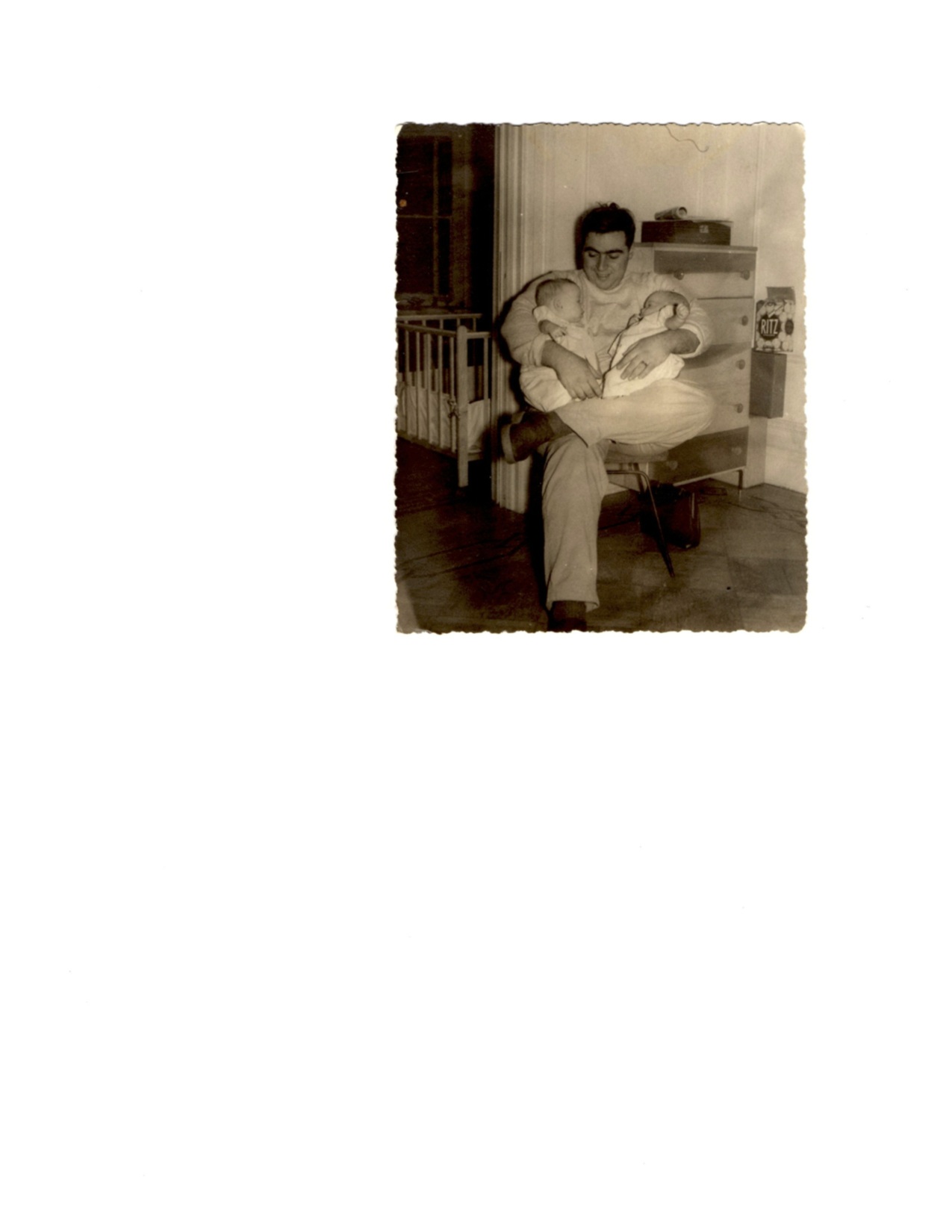T. Colin Campbell, 2006
With all the conflicting information we receive about nutrition, many of us are confused about what to eat. But most of us have a vague sense of trust in what government-funded institutions tell us. Thus, many of us are downing more chicken, turkey and fish, and egg whites and skim milk, in an effort to trim fat and cholesterol.
However, a recent book, by a giant in the field of human nutrition, reveals that much of what we're being told is misleading. In The China Study: Startling Implications for Diet, Weight Loss and Long-Term Health, T. Colin Campbell shows how the system of getting nutrition information to the public has been corrupted at every step, leading to a distortion of the evidence.
As a boy growing up on a farm, T. Colin Campbell ate his share of animal products: like the standard American diet, his was high in protein, saturated fat and cholesterol. As an up and coming nutritional biochemist, he worked on getting more animal protein to starving children in developing nations.
But he was a scientist, and as he began to study nutrition in the laboratory and the field, he followed the evidence. And the evidence led him to conclude that the animal protein that he was pushing, was leading to disease.
Today, Campbell holds a prestigious endowed chair at Cornell University. He is the author of 350 academic articles, the recipient of research grants for decades of research, and has held positions on government advisory panels at the highest levels.
There are other pioneers who have gone against the nutrition orthodoxy. Two physicians, Dr. John McDougall, and Dr. Neal Barnard, have published extensively on the benefits of a plant based diet. As head of the Physicians Committee for Responsible Medicine, Dr. Barnard has done groundbreaking research on the effects of a low-fat vegan diet on diabetes, obesity, and pre-menstrual syndrome. He has even shown that casein, the protein found in dairy products, has addicting, opiate properties. Dr. McDougall, who is quoted in Campbell's book, has written several books on the health effects of an unrefined low-fat, vegan diet, offering classes and residential programs at his health center.
However, Campbell's work goes one step further, since: 1) he has worked to change the system from the inside, operating at the highest levels in academic and advisory roles; 2) he bases his claims on decades of laboratory and field research, on a wide variety of human populations; 3) he has reported startling results, not from one study, but from many, that link meat and dairy products to several types of cancer. Many of us have heard about links between high fat meat and heart disease, but cancer?
Campbell takes us deep into the politics of government dissemination of nutrition information, to answer the question: "Why haven't we heard this before?" Campbell finds the answer in the ties between advisory panels and corporate interests.
Campbell also makes the astute point, that much of the most oft-quoted nutrition research is based on populations whose animal product consumption is high. Anyone who's studied research methods knows that you can only discover the effect of things that vary between research subjects. In other words, we can't see the effect that animal products are having on our diets, because we all eat a lot of them. This is why Campbell's China Study is so important. It includes rural populations in China, whose diets are very low in animal products. The result is a rare look into human diet and disease.
Some of T. Colin Campbell's fondest memories are as a boy on the farm, eating sausage and eggs. The hard work served him well in his career as a hard-nosed scientist, swimming upstream to inform the public. His loss of innocence should be a wake-up call to all of us.





